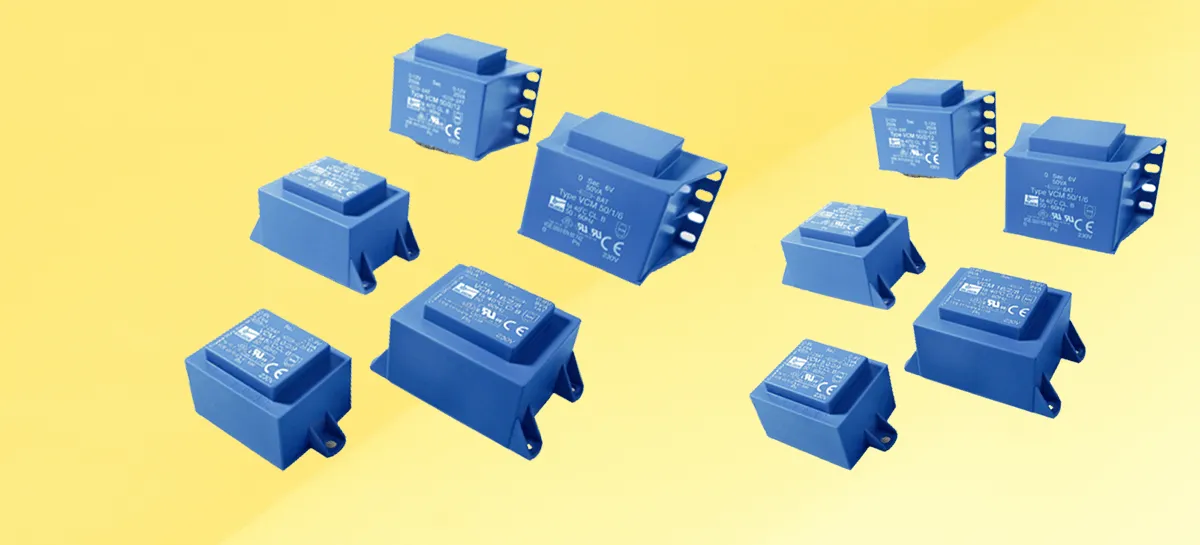Printed Circuit Board (PCB) transformers are critical components in modern electronic systems, offering efficient and reliable voltage transformation within compact designs. As technology evolves, the demand for innovative PCB solutions, such as rigid-flex and high-frequency PCBs, continues to grow across industries like telecommunications, robotics, and beyond. For businesses seeking premium PCB assembly solutions, Global Well PCBA provides a comprehensive range of services to meet the ever-expanding requirements of modern applications.
Understanding PCB Transformers
PCB transformers are small, lightweight components integrated directly onto circuit boards. Unlike conventional transformers, which often occupy significant space, PCB transformers are designed to fit seamlessly into compact electronic assemblies. These transformers are primarily used for:
- Voltage stepping up or down
- Galvanic isolation between circuits
- Noise suppression and signal stability
Key Features of PCB Transformers
PCB transformers provide distinct advantages, including:
- Compact Design: Perfect for miniaturized electronic devices.
- Enhanced Efficiency: High-performance materials ensure minimal energy loss.
- Thermal Stability: Designed to operate in varied environmental conditions.
- Customization: Tailored solutions for specific applications.
Advanced PCB Solutions for Transformer Integration
As electronic devices become more sophisticated, the supporting PCB technologies must evolve to keep pace. Advanced PCB designs like rigid-flex and high-frequency PCBs are crucial in integrating PCB transformers into cutting-edge systems.
Rigid-Flex PCBs
Rigid-flex PCBs combine the best of rigid and flexible circuit board technologies, offering unique advantages in transformer integration:
- Enhanced Durability: Ideal for applications requiring repeated bending or movement, such as robotics and wearables.
- Space Optimization: Flexibility allows designers to create compact layouts, reducing overall device size.
- Improved Reliability: Minimizes solder joints and interconnections, enhancing system longevity.
These attributes make rigid-flex PCBs indispensable in high-performance applications like autonomous systems and precision instrumentation.
High-Frequency PCBs
High-frequency PCBs are designed to support fast signal transmission, making them ideal for integrating transformers in industries where precision and speed are critical.
- Low Signal Loss: Advanced materials reduce signal attenuation and electromagnetic interference (EMI).
- Thermal Management: High-frequency PCBs can dissipate heat efficiently, ensuring consistent transformer performance.
- Scalability: Accommodates complex, multilayer designs essential for telecommunications and aerospace systems.
These specialized PCBs enable transformers to operate seamlessly in high-speed applications like 5G networks and satellite communications.
Industry Applications of PCB Transformers
The versatility of PCB transformers, coupled with advanced PCB technologies, has made them integral to a wide array of industries.
Telecommunications
In the telecommunications sector, where precision and reliability are paramount, PCB transformers are vital components. They ensure efficient voltage regulation, signal integrity, and EMI shielding in high-frequency systems such as:
- 5G Base Stations: Supporting high-speed, low-latency communication.
- Fiber Optic Networks: Enabling seamless data transmission over long distances.
- Internet of Things: Powering interconnected devices with precision.
Robotics
Robotics applications demand compact, durable, and efficient systems, making PCB transformers an ideal choice. They play crucial roles in:
- Autonomous Systems: Providing stable power for sensors and processors.
- Industrial Robotics: Ensuring reliable voltage regulation in high-vibration environments.
- Medical Robotics: Supporting critical functions in surgical robots and diagnostic tools.
Aerospace and Defense
In aerospace and defense, reliability under extreme conditions is essential. PCB transformers, integrated into advanced PCBs, deliver:
- Resilience: Functionality in high-altitude or space environments.
- Miniaturization: Compact designs for satellites and UAVs.
- Precision: Supporting guidance and communication systems.
Challenges and Future Trends
While PCB transformers and advanced PCBs offer remarkable benefits, challenges remain, including:
- Thermal Management: As devices shrink, heat dissipation becomes critical.
- Material Compatibility: Advanced PCBs require specialized materials to handle high frequencies and harsh environments.
- Cost Efficiency: Balancing innovation with affordability is essential for widespread adoption.
Looking forward, advancements in materials science, such as the development of ultra-low-loss substrates, are expected to enhance PCB transformer performance. Furthermore, the integration of artificial intelligence (AI) in PCB design will optimize layouts and reduce development time, driving innovation in emerging fields like quantum computing and renewable energy systems.
Conclusion
Printed Circuit Board transformers, coupled with advanced PCB technologies like rigid-flex and high-frequency designs, are transforming the landscape of modern electronics. Their compactness, efficiency, and versatility have made them indispensable in industries such as telecommunications, robotics, aerospace, and beyond. As challenges are addressed and innovations continue, PCB transformers will play an even more pivotal role in the future of technology. For companies seeking cutting-edge PCB assembly services, Global Well PCBA offers the expertise and solutions needed to stay ahead in this dynamic field.
By leveraging these transformative technologies, businesses can drive progress across sectors and unlock the full potential of next-generation electronic systems.
